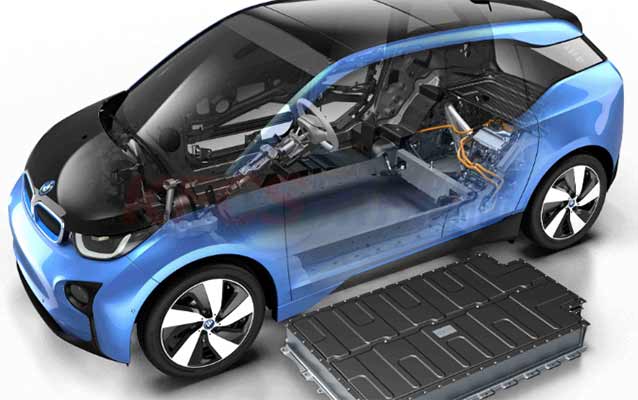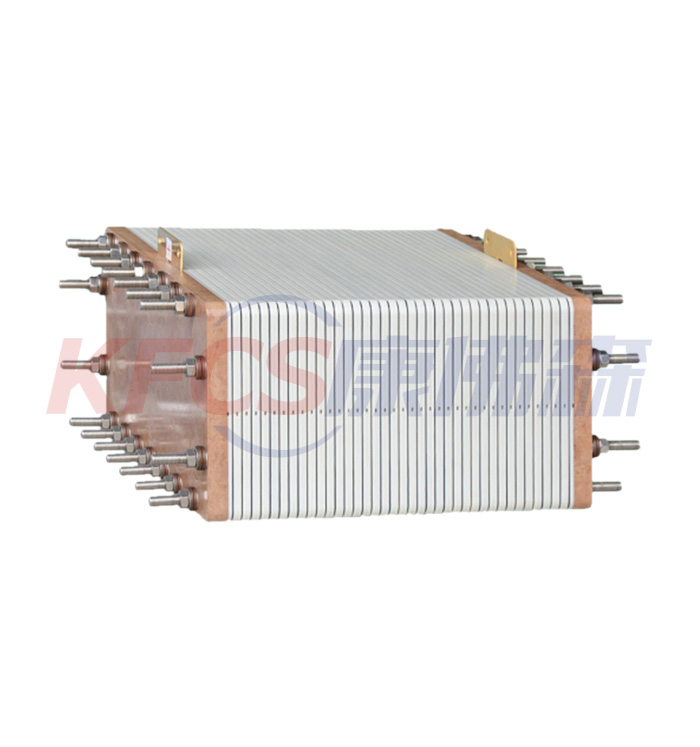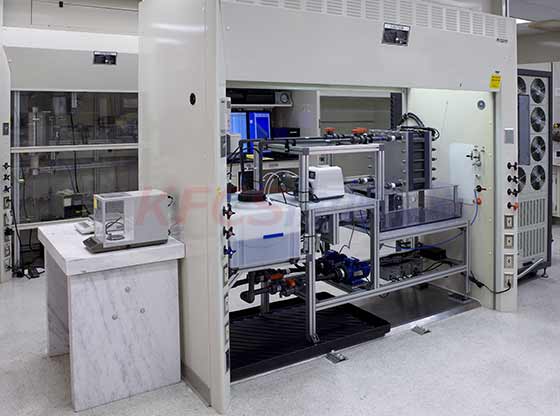What are the differences between power lithium batteries and energy storage lithium batteries?
2022-01-23
What are the differences between power lithium batteries and energy storage lithium batteries?
From the perspective of application scenarios, power lithium batteries are mainly used in the fields of electric vehicles, electric bicycles and other power tools, while energy storage lithium batteries are mainly used in the fields of peak regulation and frequency regulation power auxiliary services, renewable energy grid connection and micro grids.
Due to different application scenarios, the performance requirements of batteries are also different. First of all, as a mobile power source, the power lithium battery has the highest requirements for the volume (and mass) energy density under the premise of safety, so as to achieve a longer endurance. At the same time, users also hope that electric vehicles can be safely and quickly charged, so power lithium batteries have high requirements for energy density and power density, just because of safety considerations, energy-based batteries with a charge and discharge capacity of about 1C are generally used.
Most energy storage devices do not need to be moved, so energy storage lithium batteries have no direct requirements for energy density. As for power density, different energy storage scenarios have different requirements.
For power peak shaving, off-grid photovoltaic energy storage or user-side peak-valley price difference energy storage scenarios, the energy storage battery generally needs to be continuously charged or discharged for more than two hours, so it is suitable to use a capacity battery with a charge-discharge rate of ≤0.5C ; For the energy storage scenarios of power frequency regulation or smoothing the fluctuation of renewable energy, the energy storage battery needs to be quickly charged and discharged in the time period of seconds to minutes, so it is suitable for the application of ≥2C power batteries; For peak shaving application scenarios, energy-based batteries are more suitable. Of course, power-based and capacity-based batteries can also be used together in this scenario.
Secondly, compared with the power lithium battery, the energy storage lithium battery has higher requirements for the calendar service life. The lifespan of new energy vehicles is generally 5-8 years, while the lifespan of energy storage projects is generally expected to be greater than 10 years. The cycle life of the power lithium battery is 1000-2000 times, while the cycle life of the energy storage lithium battery is generally required to be greater than 3500 times.
About News
- Battery industry production continues to grow
- How Vanadium redox flow battery Work?
- The global all-vanadium flow battery market will reach a scale of 100 billion in 2023
- Lithium battery recycling process and its application
- Recycling of used lithium batteries helps protect the environment
- A temperature monitoring device for an all-vanadium redox flow battery case
- Advantages of vanadium batteries
- World's largest lithium-vanadium hybrid energy storage system starts up at Oxford Energy Centre
- Global lithium battery recycling
- Significance of battery echelon utilization
Products








